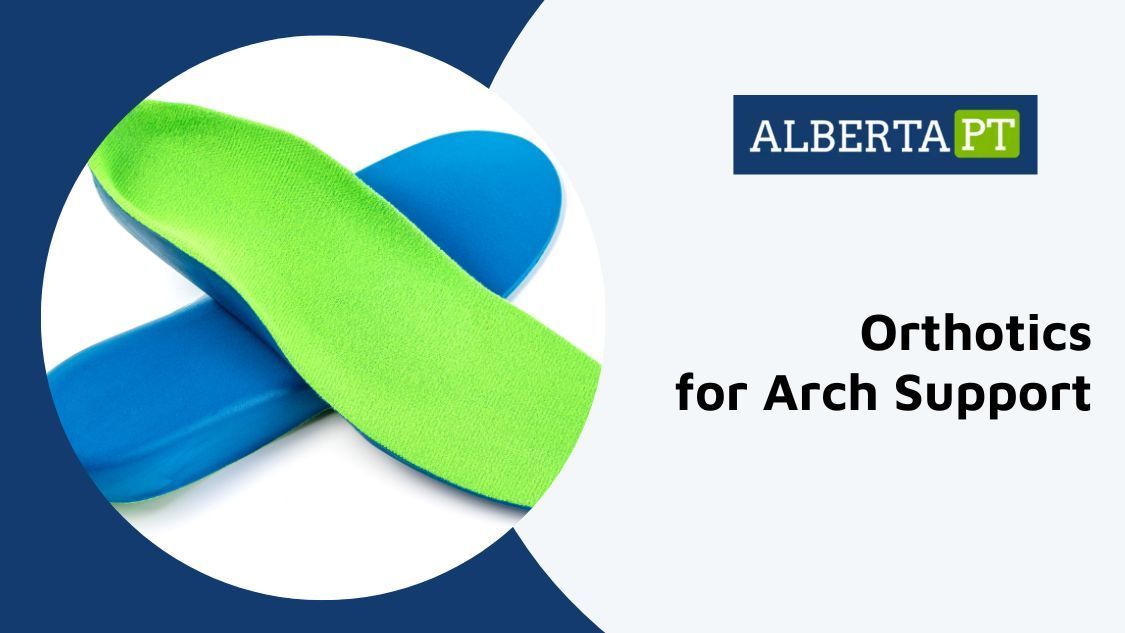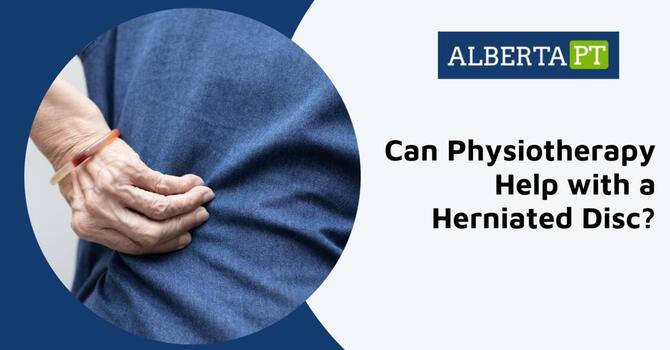
When it concerns arch support, you most likely imagine stiff-looking shoes with a pronounced heel and a rigid arch that feels like a brick wall. But these days, there're a lot of stylish alternatives for individuals who struggle with foot problems like recurring foot pain, plantar fasciitis, second and third metatarsal pain, and other commonplace disorders that could be eased with the proper arch supports. As a matter of fact, they're many different means to provide the crucial support your feet need during daily activities.
Arch supports are nearly as essential to your shoes as laces and socks. When your arches collapse, it's pretty obvious-- you can sense the strain behind your heel and notice it when you look down at your feet.
However even when you don't notice any visible symptoms of fallen arches, they're nevertheless putting stress on your bones and ligaments every time you move your feet. Even when you don't have any specific foot problems yet, proactive support may help keep them from emerging down the road.
Thankfully, there're several alternatives for arch support readily available today. The key is discovering the right one for your requirements--which means understanding exactly what sort of arch support is best for you.
Your podiatrist or other healthcare professional may help you figure out whether arch supports are right for you. Nevertheless, it is an excellent idea to have a basic knowledge of exactly how they work before talking with them.
This article will concentrate on why you may want arch support, the benefits of orthotics for arch support, and how to select the most beneficial orthotics for you among the different types of arch supports that are available.
How do Orthotics for Arch Support Help?
Arch supports are medical devices that work by gently elevating your arches back to the height they ought to be. This is usually achieved with a combination of thick, soft materials and a rigid plastic or aluminum frame. It is very important to keep in mind that there's no one-size-fits-all answer. It's not like donning a set of sneakers that conform to your feet.
If a rigid orthotic does not elevate your arches high enough, it can simply end up pressing together your arches all the more. The key is to identify the best combination that benefits you. Orthotics are not just for individuals with collapsed arches; they may help avoid future complications also.
When your arches are lifted correctly, your weight is spread equally across your foot. This might also help prevent typical foot issues, like heel spurs, plantar fasciitis, and hammertoes.
Why You May Need Arch Supports
There are lots of foot problems that may be minimized with arch supports, like plantar fasciitis, bunions and flat feet, however the two major foot issues that require arch support are fallen arches and overpronation.
Fallen arches occur whenever your arches lose their normal curve, collapsing and "sagging" toward the ground. This problem can happen from a variety of reasons--genetics, the aging process, poor footwear, and even your posture can contribute to fallen arches. But being flat-footed does not always mean your arches are totally gone.
If you have moderate or mild arch loss, you may be able to remedy the issue with self-care strategies such as putting on better-fitting shoes. However, if your collapsed arches are severe enough, they may need some extra orthotic support.
Overpronation is another common foot condition that can be reduced with orthotics for arch support. Pronation is a natural motion in your foot, where the heel rolls toward the toes. If your foot pronates too much, it puts strain on the inner side of your foot. A mild overpronation may be alleviated with great footwear, however it might need more considerable arch support for moderate or major overpronation.
The Benefits of Arch Supports
We have previously covered a few specific advantages of arch supports, but here's a quick recap:
First, you will have more comfortable footwear. There is a reason orthotic supports are made use of by people in all types of footwear--they take the pressure off your foot, protect against blisters and sores, and make your footwear more comfortable. If you suffer from a specific foot issue, they can even help correct the root ailment.
Second, they can help protect against injuries. Preventing foot discomfort is one thing, but it is also possible to help prevent more major injuries with an orthotic.
Thirdly, they can stop foot ailments from worsening. Overpronation, plantar fasciitis, and other typical issues may be annoyed with bad footwear.
Fourth, proper foot care supports your whole body. Foot health is not only about what is occurring with your feet--it's also about what's occurring over your feet. The human foot is a complex and advanced piece of machinery, and it impacts your entire posture and alignment.
Finally, they can be trendy. With the correct set of orthotic arch supports, you can keep your feet comfy and healthy while still wearing the shoes you desire.
Options for Treatment
There are three general kinds of arch support:
- Rigid orthotics: In contrast to soft orthotics, these are hard plastic or aluminum that don't conform to your feet. A few may have adjustable parts, but they're not as pliable as soft orthotics. Orthotics are available as custom orthotics, or can be purchased as off the shelf options.
- Braces: These are bands that twist around your foot, often accompanied by a built-up heel for added support.
- Pods: These are little, pod-shaped devices that you may place inside any type of footwear.
Each kind of arch support has its own weaknesses and strengths. A pod, for instance, is terrific if you would like to use it with any type of footwear--however it won't provide as much individualized support as a rigid orthotic or perhaps a soft orthotic. You need to also keep in mind that one set of arch supports doesn't fit all. A lot of arch supports are one-size-fits-all, however they are intended to be individualized to your feet.
How to Discover the Perfect Arch Support
Finding the perfect arch support is a process of trial and error. You may begin by consulting your podiatrist or another medical professional to learn what they suggest. Their advice may be guided by your foot size and shape, along with the foot issue that you need to have support for. Nevertheless, you will want to find the alternative that best fits your requirements and everyday life.
Also, try on some different options. If you are having difficulty finding the right arch support for you, do not be afraid to request assistance.
Lastly, choose the proper fit. You might need to try on a few various types of arch supports before discovering one that fits your foot just perfectly. Likewise, some arch supports are designed for specific styles of footwear, while others are better for general use.
Last Question: Should You Get Orthotics for Arch Support?
Just like most things, the very best way to recognize if you need to have orthotics for arch support is if your foot feels painful. If you are experiencing pain in your foot while standing or walking, try putting on different kinds of sandals and shoes--and if you are still suffering, it may be time to think about orthotic arch supports.
If you do make a decision that arch supports are best for you, ensure you get a pair that fits you properly. Inappropriate fit can make the issue even worse, so it's most effective to be fitted by an expert. And if possible, strive to stay clear of getting a one-size-fits-all set. Your arch support is meant to be personalized to your unique feet--and the more individualized it is, the better it will support and fit you.
Contact our experienced team at Alberta Physical Therapy soon and we can schedule designing your ideal orthotics for arch support and improving your quality of life. Now booking new appointments!






